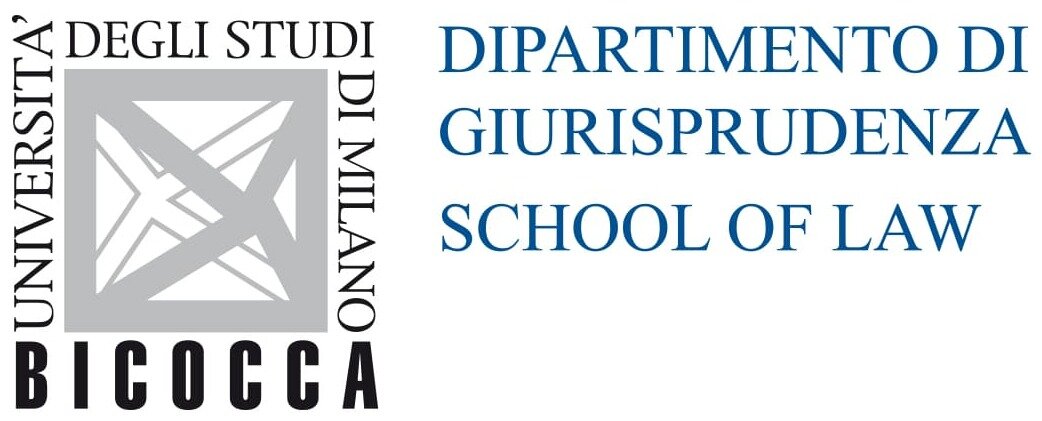The Scientific Direction of the journal is responsible for deciding whether or not to publish the submitted articles, adhering to the editorial policy of the Journal and its purposes, in compliance with current regulatory provisions. The Scientific Direction makes its decisions following a double-blind peer review carried out by the members of the Review Committee, who have specific expertise in environmental criminal law.
Each contribution proposed for publication undergoes a preliminary assessment by the Direction, which verifies its relevance to the themes covered by the journal and the presence of minimum requirements for publication.
In case of a positive outcome of this initial evaluation, the Direction anonymously sends the contribution to a reviewer, selected according to rotation criteria among the members of the Review Committee based on their respective subject matter expertise and language skills, if required.
The Direction, the Scientific Committee, and the Review Committee undertake not to use the contents of a proposed article for their own research without the written consent of the author.
Reviewers receive an evaluation form to be completed and returned to the Direction within the specified deadline.
Reviewers are required not to accept articles for review in cases where there is a conflict of interest arising from competitive, collaborative, or other types of relationships with the authors, companies, or entities related to the subject matter of the manuscript.
The review must be conducted objectively. Reviewers should express their judgment on the article based on the following parameters: structure (coherence and clarity of the logical framework); legal and jurisprudential references (if required by the type of contribution); doctrinal references; language style; critical argumentation. Each parameter must be independently evaluated indicating the outcome (insufficient/sufficient/good or more), and then expressing an overall final judgment. Reviewers undertake to accurately indicate the bibliographic details of any fundamental works that may have been overlooked by the author.
If a reviewer identifies a similarity between the contribution under review and any other previously published document and necessary citations are not provided, the reviewer is required to report this to the Direction.
In case of late or non-delivery of the evaluation form, the Direction reserves the right to choose a new reviewer.
If the evaluation is positive, the contribution is published. If the evaluation recommends modifications, the contribution is published after revision by the author based on the received comments, and verification of their acceptance by the Direction. The contribution is not published if the reviewer expresses a negative opinion on publication: in this case, the reviewer, if deemed appropriate, can provide the author with indications for drafting a different, acceptable version of the work.
The Direction communicates the outcome of the evaluation to the author, ensuring the anonymity of the reviewer.
The evaluation form completed by the reviewer and the documentation related to the review procedure for each contribution are kept by the Editorial Office.
The Direction reserves the right to publish, in exceptional cases, contributions not previously subjected to the peer review procedure, such as bibliographic notes, editorials, prefaces, postscripts, summary or full reproductions of debates, summaries of scientific events. This is indicated on the first page of the contribution, along with the reasons.
All authors must explicitly declare that there are no conflicts of interest that could have influenced the results obtained or the proposed interpretations. Authors must also indicate any funding entities for the research and/or project from which the article arises.
Contributions are not accepted (case notes, articles that analytically comment on specific judgments) from authors involved as lawyers or magistrates in judgments subject to the respective contents.
The publication of opinions produced or intended for judicial proceedings is also not allowed.
The journal allows subsequent debate after publication through letters to the Direction, through an external site moderated by the journal's publisher (https://lexambiente.it), or through subsequent publications by authors subject to criticism or by authors interested in endorsing or criticizing previous works.
If the Direction detects or receives reports regarding errors or inaccuracies, conflicts of interest, or plagiarism in a published contribution, it promptly informs the authors. If adequate correction of the contribution is not made, the Direction promptly withdraws it.
Authors guarantee the original and unpublished nature of the contribution and, where relevant, the authenticity of the facts or data used. During the review, contributions cannot be submitted to other journals for publication. Text passages from other contributions, regardless of the author, must be paraphrased or quoted verbatim, indicating the source. Every source referred to by the authors must always be indicated, even in the absence of verbatim citations.
The literary authorship of the contribution is limited to those who have significantly participated in the conception, design, execution, or interpretation of the study. All those who have participated in this way must be listed as co-authors. The corresponding author must ensure that all co-authors have approved the final version of the contribution and agree to submit it for publication.
If authors identify significant errors or inaccuracies in the published contribution, they must inform the Editorial Office and cooperate for a prompt correction of such errors or inaccuracies.
By submitting the contribution for review, authors, if the contribution is published, agree to waive all economic exploitation rights, without space limits and with all existing and future modalities and technologies. The rights are transferred to the Journal Direction.
For aspects not covered in this code of ethics, the journal adopts the Code of Conduct and Best Practice Guidelines for Journal Editors elaborated by COPE (Committee on Publication Ethics).



